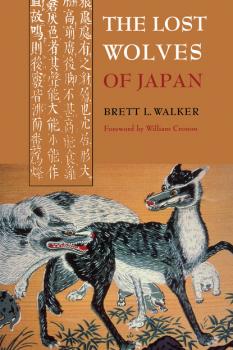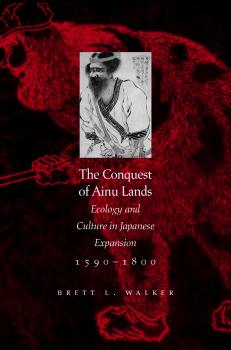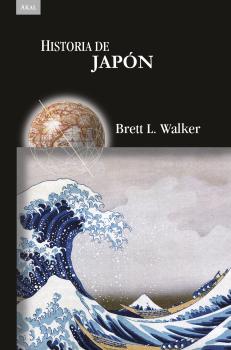ТОП просматриваемых книг сайта:
Brett L. Walker
Список книг автора Brett L. WalkerАннотация
While in the ICU with a near-fatal case of pneumonia, Brett Walker was asked, �Do you have a family history of illness?��a standard and deceptively simple question that for Walker, a professional historian, took on additional meaning and spurred him to investigate his family�s medical past. In this deeply personal narrative, he constructs a history of his body to understand his diagnosis with a serious immunological disorder, weaving together his dying grandfather�s sneaking a cigarette in a shed on the family�s Montana farm, blood fractionation experiments in Europe during World War II, and nineteenth-century cholera outbreaks that ravaged small American towns as his ancestors were making their way west.A Family History of Illness is a gritty historical memoir that examines the body�s immune system and microbial composition as well as the biological and cultural origins of memory and history, offering a startling, fresh way to view the role of history in understanding our physical selves. In his own search, Walker soon realizes that this broader scope is more valuable than a strictly medical family history. He finds that family legacies shape us both physically and symbolically, forming the root of our identity and values, and he urges us to renew our interest in the past or risk misunderstanding ourselves and the world around us.
Аннотация
Every person on the planet is entangled in a web of ecological relationships that link farms and factories with human consumers. Our lives depend on these relationships – and are imperiled by them as well. Nowhere is this truer than on the Japanese archipelago.During the nineteenth century, Japan saw the rise of Homo sapiens industrialis, a new breed of human transformed by an engineered, industrialized, and poisonous environment. Toxins moved freely from mines, factory sites, and rice paddies into human bodies. Toxic Archipelago explores how toxic pollution works its way into porous human bodies and brings unimaginable pain to some of them. Brett Walker examines startling case studies of industrial toxins that know no boundaries: deaths from insecticide contaminations; poisonings from copper, zinc, and lead mining; congenital deformities from methylmercury factory effluents; and lung diseases from sulfur dioxide and asbestos.This powerful, probing book demonstrates how the Japanese archipelago has become industrialized over the last two hundred years – and how people and the environment have suffered as a consequence.
Информация о книге
Автор произведения Brett L. Walker
Аннотация
Many Japanese once revered the wolf as Oguchi no Magami, or Large-Mouthed Pure God, but as Japan began its modern transformation wolves lost their otherworldly status and became noxious animals that needed to be killed. By 1905 they had disappeared from the country. In this spirited and absorbing narrative, Brett Walker takes a deep look at the scientific, cultural, and environmental dimensions of wolf extinction in Japan and tracks changing attitudes toward nature through Japan's long history.Grain farmers once worshiped wolves at shrines and left food offerings near their dens, beseeching the elusive canine to protect their crops from the sharp hooves and voracious appetites of wild boars and deer. Talismans and charms adorned with images of wolves protected against fire, disease, and other calamities and brought fertility to agrarian communities and to couples hoping to have children. The Ainu people believed that they were born from the union of a wolflike creature and a goddess.In the eighteenth century, wolves were seen as rabid man-killers in many parts of Japan. Highly ritualized wolf hunts were instigated to cleanse the landscape of what many considered as demons. By the nineteenth century, however, the destruction of wolves had become decidedly unceremonious, as seen on the island of Hokkaido. Through poisoning, hired hunters, and a bounty system, one of the archipelago's largest carnivores was systematically erased.The story of wolf extinction exposes the underside of Japan's modernization. Certain wolf scientists still camp out in Japan to listen for any trace of the elusive canines. The quiet they experience reminds us of the profound silence that awaits all humanity when, as the Japanese priest Kenko taught almost seven centuries ago, we «look on fellow sentient creatures without feeling compassion.»





